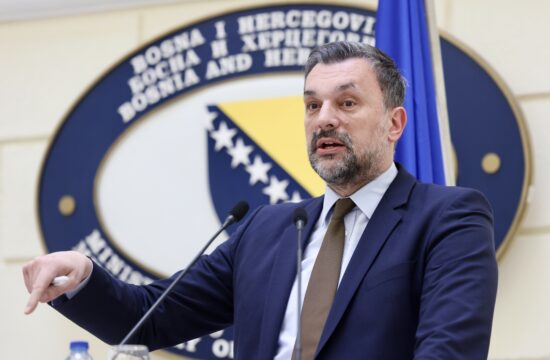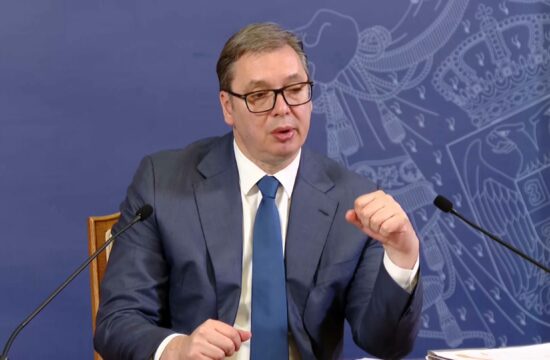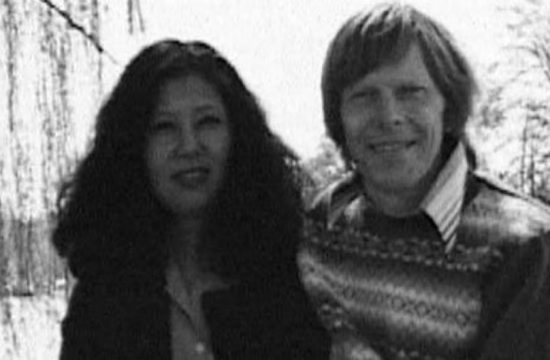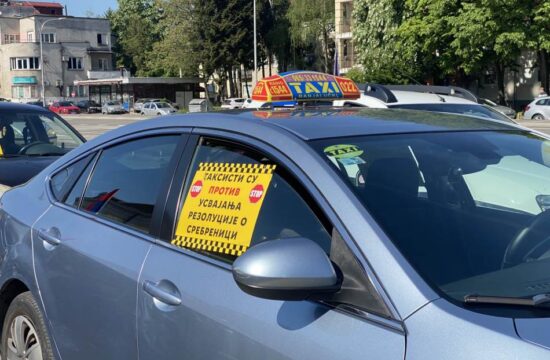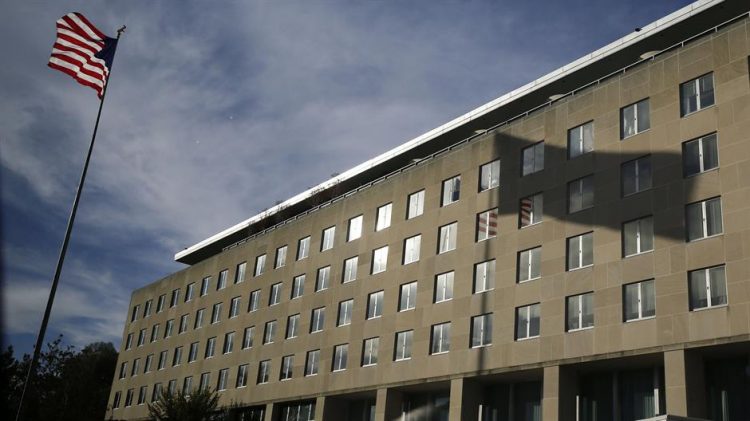
Continued government discrimination of religious groups in parts of the country where they were a local minority, vandalism against religious sites and verbal insults were highlighted as some of the major issues in Bosnia and Herzegovina concerning the religious freedoms, according to the US Department's 2019 Report on International Religious Freedom published this week.
The report presented by US Secretary of State Mike Pompeo states in its opening that the constitutions of Bosnia and Herzegovina and each of the country's two entities, the Federation (FBiH and Republika Srpska (RS), provide for freedom of religious thought and practice, prohibit religious discrimination and allow registered religious organisations to operate freely.
The document also recalls that the Constitution reserves all positions in the Presidency and one of two houses of parliament and certain other government offices to members of the three major ethnic groups – predominantly the Serbian Orthodox Church member Serbs, predominantly Roman Catholic Croats, and predominantly Muslim Bosniaks – stressing that the European Court of Human Rights in Strasbourg declared in 2009 those provisions unconstitutional but that nothing has been done to change that.
“Officials publicly acknowledged the need to address a 2009 decision by the European Court of Human Rights (ECHR) stating the country should amend its constitution to allow members of religious and other minorities, including Jews, to run for president and the parliament’s upper house but took no action during the year,” said the report.
The report recalled of other rulings of the European court concerning Bosnia that are yet to be addressed.
“On October 1, the ECHR ruled that the government of BiH must remove a Serbian Orthodox church illegally built on plaintiff Fata Orlovic’s property in Bratunac. The court ruled the church construction in 1998 was illegal and ordered authorities to ensure its removal within three months, return the land to Orlovic, and pay 5,000 euros ($5,600) to Orlovic and 2,000 euros ($2,200) to her relatives in damages,” the report recalled.
According to the report, religious leaders again said the local authorities continued to discriminate when it came to providing police protection and investigating threats of violence, harassment, and vandalism.
“ While only a few cases were recorded, the IRC said law enforcement officials treated these cases as simple theft or vandalism, without taking into consideration the acts occurred at religious sites and could be categorized as hate crimes,” said the report, mentioning the attack on the Rijecanska mosque in Zvornik (eastern Bosnia), thefts in the Catholic Church of Saint Mother Teresa in Vogosca, near Sarajevo, Orthodox church in the village of Donje Vukovsko in the Kupres Municipality (northwestern Bosnia), and others.
As for the US Embassy's communication with religious groups in Bosnia through the Interreligious Council (IRC), the report said the embassy continued to maintain regular contact with the IRC and supported its activities by providing funding.
“Embassy officials engaged with the Presidency, the Ministry of Security, and other ministries and underscored the need to promote respect for religious diversity and enforce equal treatment under the law for religious minorities,” said the report, noting that the embassy's officials held numerous meetings with the Catholic, Islamic, Jewish, and Orthodox communities and community leaders.

